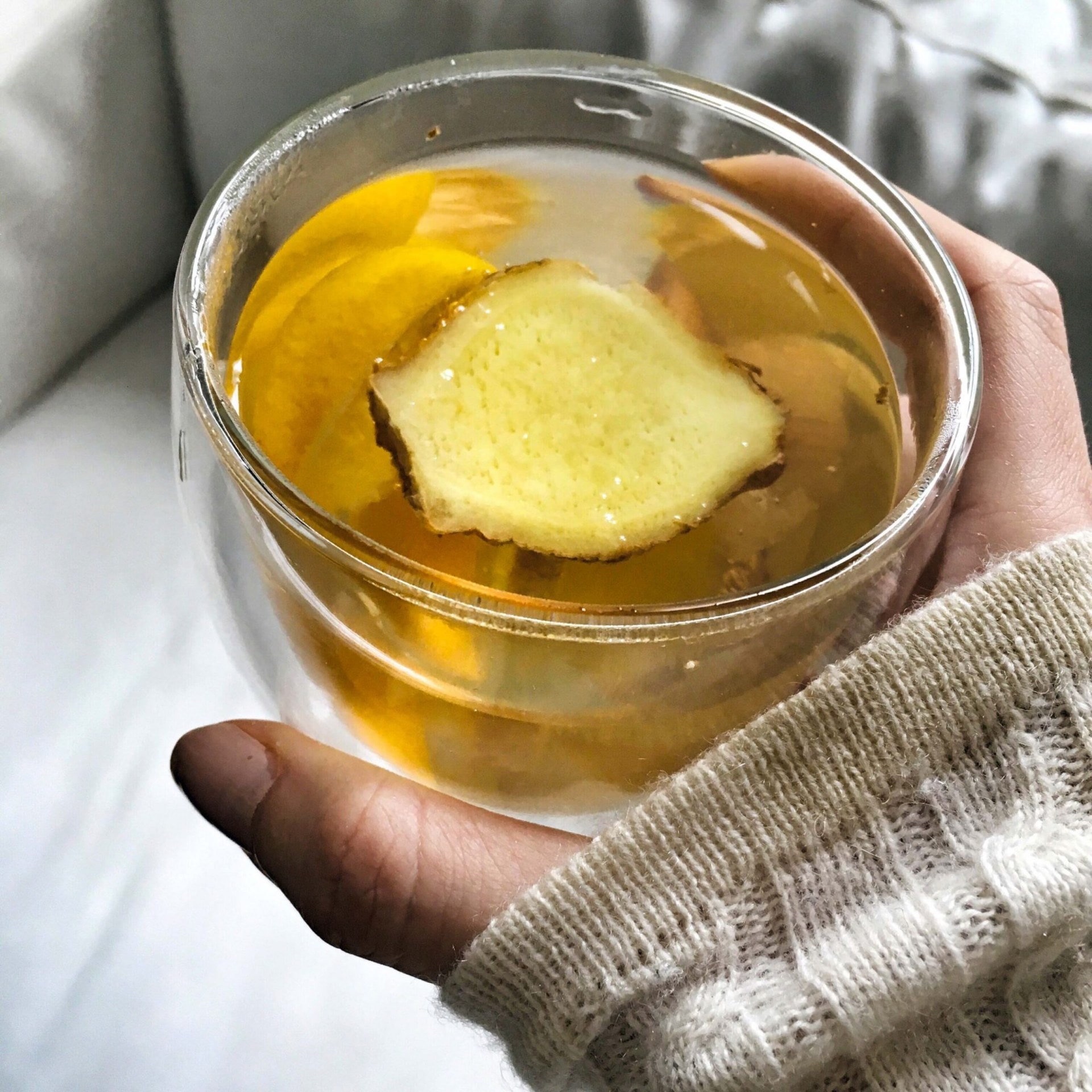Yes, some of those old remedies really do work – but which ones? Naomi Barr puts them under the microscope.
Eat ginger to settle your stomach
If Grandma played basketball, this would be her slam dunk. Numerous studies have shown that the root (fresh or dried) can be as effective as over-the counter drugs at treating nausea, motion sickness and even vomiting. Experts think the stomach calming properties come mainly from two compounds: gingerols, which are most abundant in raw ginger, and shogaols, which are more concentrated in dried slices or powder. While there’s no official dosage, mg – or about a teaspoon of freshly grated ginger, four cups of pre-packaged ginger tea or two pieces of crystallised ginger – usually does the trick.

Eat chicken soup for a cold
No matter what’s in her secret recipe – egg noodles, matzo balls or tortilla strips and a squeeze of lime – a bowlful can mitigate cold or flu symptoms, according to a study published in Chest, the journal of the American College of Chest Physicians. Those researchers couldn’t pinpoint exactly which of the soup’s ingredients to credit for the anti-inflammatory effect – theirs had parsley, salt and pepper – but a later study published in the Journal of Therapeutics called carnosine, a component of proteins found in breast meat, appears to have the ability to fight off the flu virus in its early stages.

Slip into a warm bath for just about anything
Hydrotherapy has been hot for millennia, ever since ancient Greek physician Hippocrates prescribed it for his patients. But scientists are now exploring why soaks seem to relieve pain, lower fevers and promote better sleep. Researchers at the University of Texas found that in 40-43°C water 90 minutes before bed can improve our overall sleep quality and help us fall asleep faster by raising, then lowering, core body temperature, which tells our circadian clock that it’s lights out. The steam, meanwhile, can help loosen sinus congestion, says Dr Dale Amanda Tylor, an otolaryngologist in California.
But when you have a temperature, “you’re better off taking an over-the-counter fever-reducing medication to lower it,” says Dr Jennifer Caudle, an associate professor of family medicine in New Jersey.
As for improving muscle soreness and joint pain (from exercise or an oncoming cold), one theory is that the heat causes blood vessels to dilate, which improves circulation to tissue, which in turn reduces pain.

Drink honey with lemon for a sore throat
Stirred into boiling water, these staples aren’t just soothing; they can actively fight the throat irritation that comes with a cold or flu. Honey is a natural antibacterial and anti-inflammatory – properties that can help relax red, aggravated throat tissue and quieten your cough. Lemons contain vitamin C, which some studies suggest can reduce the duration of cold symptoms.
And the heat of the brew matters: in a study out of Cardiff University, in Wales, students with colds were given a hot drink (in this case, a quintessentially British mixture of fruit cordial and water) or the exact same tincture at room temperature. While both sips relieved runny noses, coughs and sneezes, only the hot one eased sore throats too. The researchers suspect that, in part, the aroma of the drink caused subjects to salivate more, lubricating their upper passageways. Regardless of the reason, “This is definitely a safe way to get some relief,” says Dr Caudle.
Swig castor oil to keep things moving
There’s no question that the stuff does its job well. So well, in fact, that in researchers at Germany’s Max Planck Institute for Heart and Lung Research did a study on what makes the vegetable-seed oil such an effective laxative (and labour inducer). They found that its active compound, ricinoleic acid, binds to the smooth muscle cells in the small intestine (and similar ones in the uterus), causing them to contract – and keep contracting, until you expel what’s inside.
So why isn’t it recommended more often these days? “It tastes terrible,” says Dr Jacqueline Wolf, a gastroenterologist and associate professor of medicine at Harvard Medical School. “For occasional constipation, there are many products on the market, such as Senokot or milk of magnesia, that are just as effective but much more tolerable to ingest.”

Faux lore
Damp hair? Don’t care. Science doesn’t support these classic old wives’ tales.
Don’t forget a scarf!
This one’s a doozy: exposure to cold weather won’t make you sick, only exposure to a virus or bacteria will. A Yale animal study did show that rhinovirus, the main cause of the common cold, thrives better in environments slightly cooler than our core body temperature, such as the temperature in our nose. That means keeping your nose a cosy C could, theoretically, thwart germs. But no one has shown that wearing a scarf over your nose can do that, says Dr Tylor. Also okay: going out with wet hair.
Feed a cold, starve a fever
Though preliminary research out of Yale University suggests that “starving” a fever caused by bacteria might help (they found the opposite is true with a virus), there’s not much backing for either claim. “Here’s the truth,” says Dr Caudle. “When you have a cold or fever, stay hydrated and well-nourished so your body has the strength to fi ght off the infection.”
Green means go to the doctor
Verdant mucus doesn’t unequivocally mean you need antibiotics. “The colour is caused by an enzyme in white blood cells that gets produced when they encounter an infectious organism like a virus or bacteria,” says Dr Tylor. “But it can also occur when they confront an irritant like pollen or dust.”
‘Exposure to cold weather won’t make you sick, only exposure to a virus or bacteria will. Keeping your nose a cosy 37°C could, theoretically, thwart germs. But no one has shown wearing a scarf over your nose can do that.’








